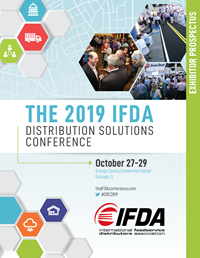Are you FSMA capable?

What is the FSMA Sanitary Transportation Rule?
There are four main components of the rule:
- Vehicles and Transportation Equipment. Along with their use and maintenance, vehicles and equipment must be designed to protect food while in transit. For example, they must be adequately cleanable and capable of maintaining specific temperatures.
- Transportation Operations. Measures such as adequate temperature controls, preventing ready-to-eat food from touching raw food, protecting food from contamination by non-food items, and protecting food from cross-contact with food allergens must be taken.
- Training. Carriers must provide training in sanitary transportation practices to all personnel engaged in transportation operations, and there must be documentation of the training. Training should cover potential food safety problems, basic sanitary transportation practices, and general responsibilities sunder FSMA regulations.
- Records. Under FSMA, if it wasn’t documented, it didn’t happen. Shippers, 3PLs, and brokers must retain records demonstrating that they provided food safety specifications, temperatures, etc. for 12 months after the termination of the carrier contract. Carriers must retain training records for 12 months after the person identified in the record stops performing duties for which they were trained.
If you don’t take the necessary precautionary actions you could find yourself in trouble with both the FDA and Department of Justice. Criminal penalties for violations include significant fines (up to $250,000 for an individual, or double that for organizations) and up to one year of imprisonment, so it’s critical to reduce exposure to liability.
We can provide you a FSMA capable refrigirated van



